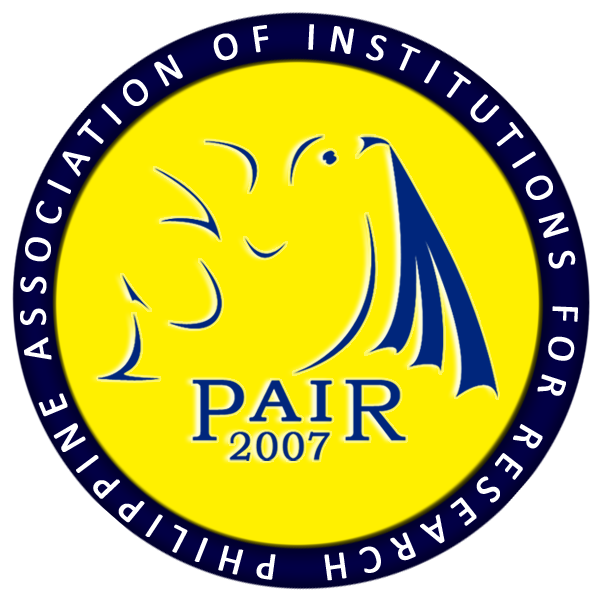Bicol College Property Management System for Bachelor of Science in Hospitality Management Students: Mock Hotel Operation
DOI:
https://doi.org/10.7719/jpair.v50i1.820Keywords:
Science and Technology, property management system (PMS), mock hotel operation, hospitality management, quantitative, PhilippinesAbstract
Bicol College Hospitality Management Department uses third-party software to assess students through the practical exam. Using third-party software makes it difficult for the Hospitality Management Department in terms of flexibility, availability, and scheduling. This study is for Bicol College Property Management System for Bachelor of Science in Hospitality Management Students: Mock Hotel Operation aimed to answer this problem. It has the ability to perform different automated processes of how a hotel is being managed, similar to the third-party software they are using. However, a lot more features have been added, like the technology of Radio Frequency Identification (RFID). The four phases of Rapid Application Development (RAD) helped the researchers to gather enough information to conduct this study successfully. The collection of data focused on three categories: Overall Design, Functionality, and User Friendliness. To test the developed system, the researchers conducted a demonstration, beta testing, and distributed questionnaires with the participants based on a quantitative method. The researchers received positive feedback from the participants. In conclusion, the researchers met and filled the gaps in this study. They had also proven that they successfully met their general and specific objectives.
Downloads
References
Abukhalifeh, A. N., & Pratt, T. J. (2022). Hotel Property Management System. In Encyclopedia of Tourism Management and Marketing (pp.604-607). Edward Elgar Publishing.
Downloads
Published
Issue
Section
License
Copyright (c) 2022 Joan F. Pavia, Kervey Mar Jush Bonilla, Wilken John B. Cordovilla, John Reysel N. Pama, Ceejee L. Baula, Eugene O. Bermejo

This work is licensed under a Creative Commons Attribution-NonCommercial 4.0 International License.
Open Access. This article published by JPAIR Multidisciplinary Research is licensed under a Creative Commons Attribution-Noncommercial 4.0 International (CC BY-NC 4.0). You are free to share (copy and redistribute the material in any medium or format) and adapt (remix, transform, and build upon the material). Under the following terms, you must give appropriate credit, provide a link to the license, and indicate if changes were made. You may do so in any reasonable manner, but not in any way that suggests the licensor endorses you or your use. You may not use the material for commercial purposes.




















